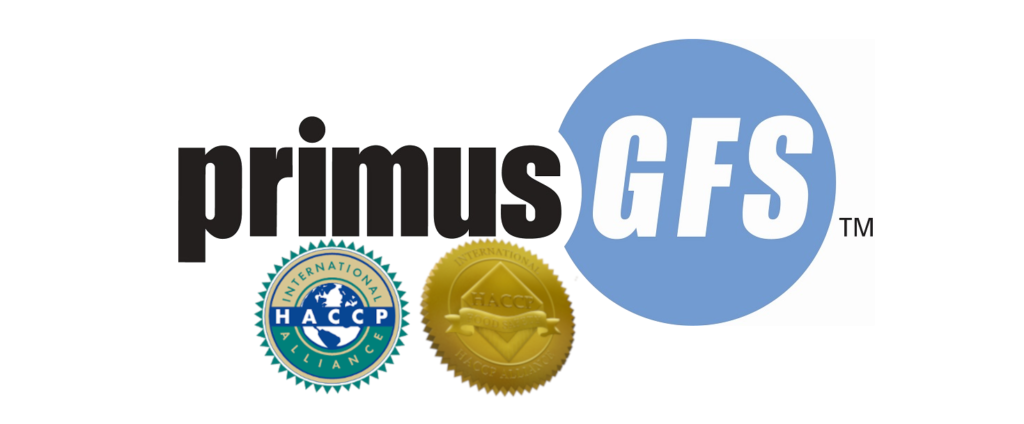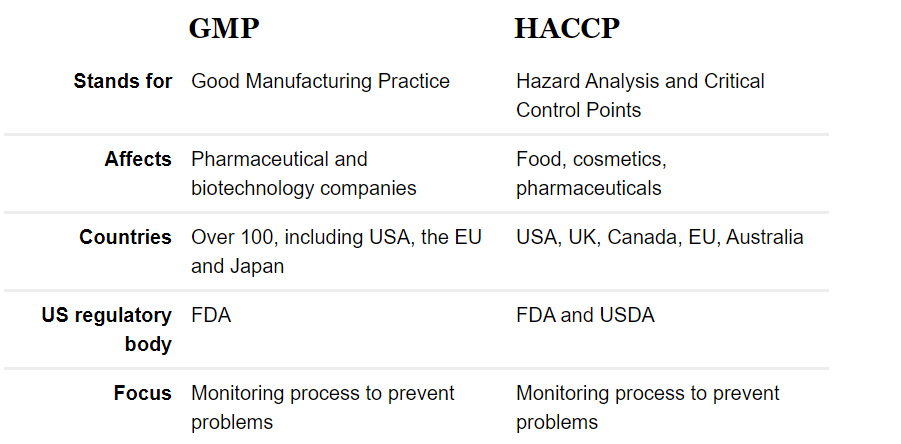How to Create a HACCP Plan

Conduct a hazard analysis: Identify potential physical, chemical, and biological hazards that could occur at each step of the food production or processing process.
Determine the critical control points (CCPs): These are points in the process where a hazard can be prevented, eliminated, or reduced to an acceptable level
Can I use HACCP at Home?

HACCP is typically used in commercial food production and preparation, but the principles of HACCP can be applied to home food safety as well. The goal of HACCP is to identify and control potential hazards in the food production and preparation process in order to ensure the safety of the food. While the specific steps of HACCP may need to be adapted for use in a home kitchen, the basic principles can still be applied.
Primus GFS HACCP Training Requirements

One member of the HACCP team, should have a certificate of a formal HACCP training from a recognized organization, institution or trainer with a minimum duration of 2 days or 16 hours, taken within the last 5 years. The rest of the team should have at least an internal training to make sure they are knowledgeable of the HACCP principles. These trainings should be documented.
What are the GMPs to HACCP?

GMPs are an important element of a food safety plan and are often used in conjunction with HACCP HACCP is a food safety management system that is used to identify and prevent potential hazards in the food production process, while GMPs focus on the overall cleanliness and operation of the facility.
Is Online HACCP Training Better Than Classroom Training?

In general, it is important to choose a HACCP training course that is delivered by and accredited and qualified instructors and meets the requirements of your industry or regulatory agency. Whether you choose online or classroom training, make sure to do your research and choose a reputable provider.
What Is HACCP?

Hazard Analysis Critical Control Points (HACCP) is an internationally recognized method of identifying and managing food safety-related risks, and when it is the centerpiece of an active food safety program, it can provide your customers, the public, and regulatory agencies with the assurance that your food safety program is well managed.
What is HACCP Training?

HACCP (Hazard Analysis and Critical Control Points) is a food safety management system that helps ensure that food is prepared and handled in a safe and hygienic manner. HACCP training involves educating food industry workers on the principles and practices of HACCP and how to implement them in their workplace. This may include understanding how to identify and assess food safety hazards, implementing preventive controls to address those hazards, and establishing procedures for monitoring and verifying that the controls are effective. HACCP training is often required for food industry workers as a way to protect public health and prevent foodborne illness.

